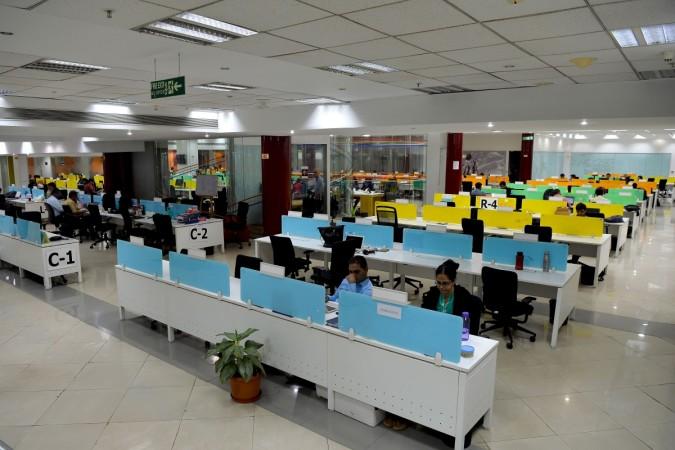Even though the Indian IT sector has been feeling the heat of automation through mass layoffs and voluntary retirement schemes, the government has said that the wave will not have much impact on India. It said that even though people have been losing their jobs, the "growth momentum" of the Indian economy will create new job opportunities.
While much has been said about a 2016 World Bank report titled "Digital Dividends," which says that 69 percent jobs face a risk due to automation, Minister of State for Finance Arjun Ram Meghwal explained that the report also states that developing nations do not face a threat at least in the short term.
"Inter alia (the report) also states that 'even if technologically feasible, large-scale net job destruction due to automation should not be a concern for most developing countries in the short term,'" Meghwal said in a written reply in the Rajya Sabha.
"The government is also of a similar view," he added. "Even in medium to long term growth of Indian economy of over seven per cent and steps being taken to enhance the growth momentum will result in further creation of new job opportunities and absorption of replaced labour, if any."
Meghwal also said that employment generation has been one of the most important plans of the Modi-government, which has taken several steps for the same.
However, many tech giants may not agree with his point of view. Not only have these firms seen a drop in their headcount in the last few months, but several IT experts have also explained that automation would have quite a big impact on employment in the IT sector.
"With automation, the number of people we are hiring in the past will not be the same. It will slow down a little bit. We are also looking at hiring very differential kind of people," Indian Express had earlier quoted Krishnamurthy Shankar, executive vice-president, group head, human resource development, Infosys, as saying.
Pankaj Bansal, co-founder and chief executive officer of PeopleStrong, noted that the job cuts due to automation may not show a drastic impact right away, but it will be visible by around 2020. "The change has started, with companies introducing bots for customer service, managing warehouses, etc.," he told LiveMint.

Meanwhile, IT and telecom employees who were sacked in the wave of layoffs that have recently hit the industry have moved the labour commissioner's office seeking justice.
"We have received 12 complaints against managements of IT and telecom companies from the employees who were sacked," the Press Trust of India quoted Harish Puri, Government Labour Officer.
He also said that the complaints were genuine and the commission tried to help the companies and the employees reconcile. However, nothing positive came out of these talks and the cases will now be referred to the Labour Court under the Industrial Disputes Act.















